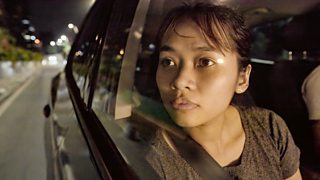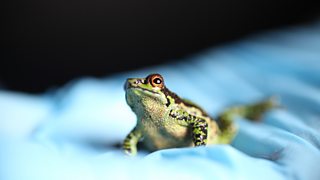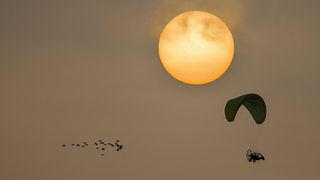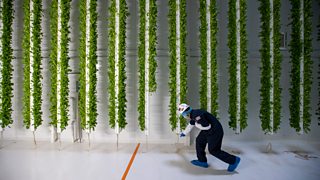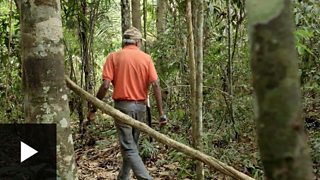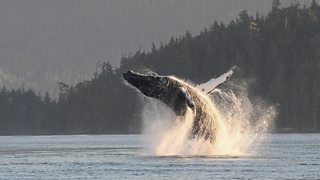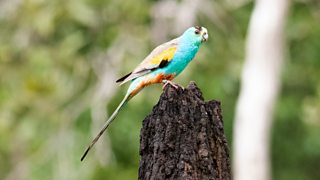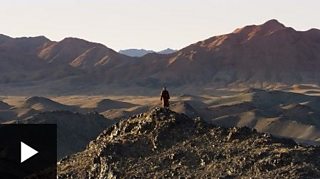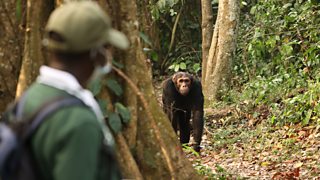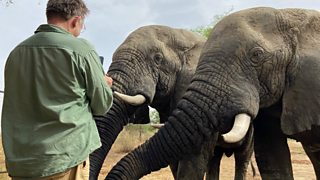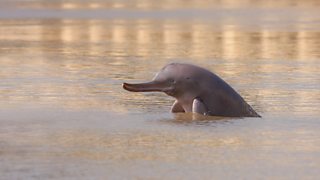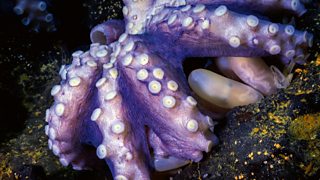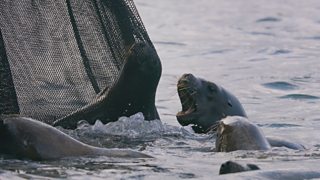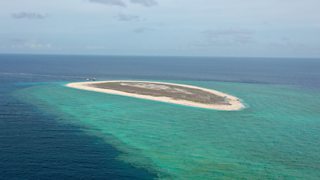How to be a conservation hero
By Steve Greenwood, Producer and Director, Heroes episode of Planet Earth III
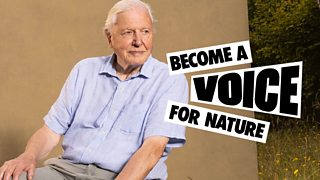
The final film of Planet Earth III is called ‘Heroes’ and it follows the stories of ordinary people all over the world doing remarkable things to save the animals and the wild places they love. We were only able to profile six people in that documentary, but we met hundreds through our research and there are probably millions of unknown heroes around the world.
While making this film I was often asked what people can do to help save wildlife and wild places.
In truth there’s lot of things. And even little things count.
First of all, I think it is great to start local. Get interested in the wildlife around you - and then enthuse your family and friends about it. I live in a crowded street in the middle of a busy city, and we set up a local wildlife group messaging chat with the people on our street.
It is amazing what, between us, we have found. A fox in the bins or an unusual bird visiting a feeder in the back yard. Now we have a whole street getting excited about wildlife.
The more wildlife we see, the more engaged we become. It’s a small step from being fascinated by the blue tit on the bird feeder to being engaged with wildlife all around the world.
Every January there’s the annual garden bird count that is also great to do with family and friends. It takes just an hour watching out the window to see .
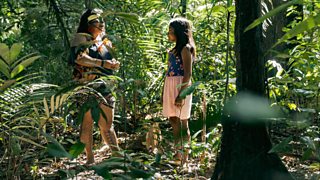
Talking to our families and friends about wildlife and conservation I find is also very inspirational. It is amazing what topics come up as we talk about how we can get involved. There are lots of simple ideas and green inspiration around, particularly for young people.
There is also a new initiative launching as the Planet Earth III series concludes. It is called Become a Voice for Nature and it is aimed at creating conversation that inspires change as that can be a huge thing we can all do to save our wildlife.
The species we feature on Planet Earth 3 are from all over the world. So how can we help wildlife in countries far away from us? First, pick an animal or plant that you really like and want to help. Try not to think of just celebrity species like tigers and elephants and whales – but also the many neglected creatures that struggle to get the limelight.
Do a bit of research into conservation organisations that specialise in that animal. Good ones are often based in that country and may have local people at the forefront of their work. There are many different groups out there – pick one that you think is making a difference and then get involved.
We show throughout the series there are many big threats to the wildlife of the world. But two threats stand out. The first is the loss of our wild places as more and more land is needed by humans. This is for places to live, for infrastructure but most of all for agriculture.
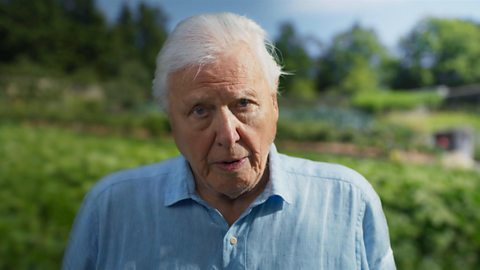
Sir David Attenborough suggests a way of making space for nature
Sir David explains how moving to plant-based diets could free up space for wildlife.
As Sir David Attenborough says at the end of the Humans episode ‘The vast majority of land, more than 75% is used to raise livestock and this is very inefficient. There are solutions – one is considering what we eat.’ Many people are changing their diet, such as reducing their meat or having meat free days.
The destruction of habitats is currently the biggest threat to the survival of animal species.
In the Heroes film, Sir David says, ‘The destruction of habitats is currently the biggest threat to the survival of animal species. But there is an even greater disaster on the horizon. Our climate is changing.’ Scientists predict that if the global temperature rises by over two degrees – it is likely to become the number one cause of extinction.
There are many ways to help to reduce your own carbon footprint but even better than doing it by yourself is to talk to others about it too. Just as with wildlife, starting conversations about climate change, with your friends and family, at school and work or in your local community are all really good tactics to inspire action. The more people that talk about the issue and start thinking about how to work together on it, the easier it is to make meaningful changes. Check out the Become a Voice for Nature resources for some ideas on how to get going, including this great film on ways to talk with children about climate change.
As is shown throughout the Planet Earth III series there is still a huge diversity of wonderful wildlife around the world. The more conservation heroes there are – then the more chance those species have of surviving and thriving.
